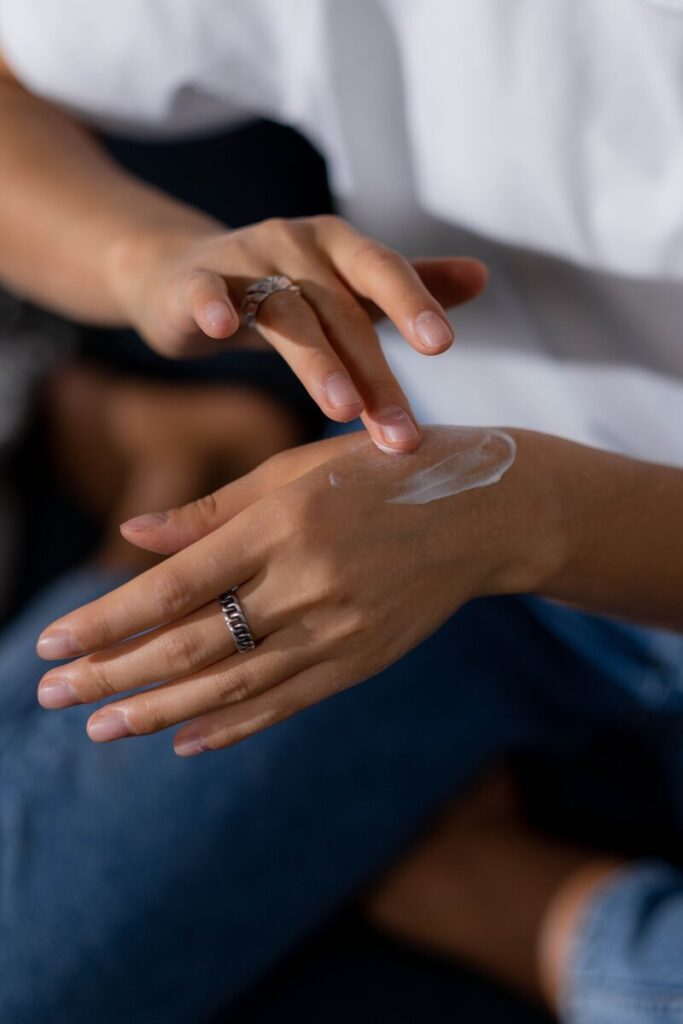While melanoma, basal cell carcinomas, and squamous cell carcinomas are well-known skin cancers, there exists another type that is steadily rising in both incidence and mortality every year. Merkel cell carcinoma (MCC) is a deadly skin cancer you’ve probably never heard about…but that’s likely to change!
Singer Jimmy Buffet just passed away from MCC in September 2023. This put MCC front and center in the news, raising awareness for a deadly skin cancer that was largely unknown to the public, and many in the healthcare space.
So why have we never heard about MCC?
Merkel Cell Carcinoma (MCC) used to be an uncommon form of skin cancer, to the extent that even dermatologists had limited knowledge of it. However, in recent decades, the incidence of MCC has seen a dramatic rise, with an estimated 3,000 cases in the United States this year alone. And this is projected to increase rapidly over the next several decades. While MCC is 40x more rare than melanoma, it is the 2nd most deadly skin cancer after melanoma.
What is MCC?
Merkel cell carcinoma (MCC) is a type of neuroendocrine tumor that originates in the top layer of the skin, arising from nerve-derived cells. In 2004, researchers identified an association between Merkel cell tumors and the Merkel cell polyomavirus (MCPyV).
Interestingly, MCPyV is prevalent in childhood and rarely causes illness in healthy individuals; in fact, it is often asymptomatically shed from the skin of most healthy adults. It’s unclear exactly what role the virus plays in developing MCC, but people with MCC not associated with the polyomavirus may have more aggressive tumor with higher recurrence rates.
How do you get MCC?
Researchers are still trying to understand how one gets MCC but we do know several risk factors for developing MCC:
1) Age
97% of MCC patients are over the age of 50, with 4 out of 5 people diagnosed with MCC being > 70
2) Lots of sun exposure
Extensive exposure to ultraviolet (UV) radiation is a significant factor in MCC development. Additionally, MCC tends to develop on skin areas that are frequently exposed to sunlight.
3) Being immunosuppressed
MCC is more common among individuals with weakened immune systems due to medications, cancer, or chronic conditions. Medications that enhance the immune system have shown promise in MCC treatment.
4) Being a man
Men are at a 2x higher risk of developing MCC than women. We’re not entirely sure why, but it might have to do with more sun exposure and waiting longer to see a doctor.
5) Light skin
Most individuals diagnosed with MCC are white (9 out of 10). This is likely due to increased sun damage from sun exposure.
What does MCC look like on the skin?
MCC typically looks like a raised, pink to purple-red bump on the skin, similar to a cyst. Usually, it’s just one bump, but it can grow quickly and sometimes show up in groups. These bumps don’t hurt and often appear on areas that have had a lot of sun exposure, like the arms, face, ears, eyes, and scalp. They can seem harmless, which might make someone wait longer before seeing a doctor.
Why is MCC so deadly?
We’re still uncovering much about MCC, but a key reason for its high mortality is that it frequently spreads throughout the body by the time it’s first noticed. This means that when you see the first visible bump on the skin, the cancer may have already spread to lymph nodes in approximately a quarter of patients. When MCC is localized to the skin, survival at 5 years is 75%; however, once MCC has spread, its prognosis goes down with only a 25% survival at 5 years.
What are the treatment options for MCC?
The choice of treatment for MCC depends on its stage and whether it has spread. Typically, treatment involves removing the main tumor and using radiation therapy. Checking lymph nodes may be necessary. When MCC has spread, doctors often use immunotherapy or chemotherapy. Because MCC is both rare and aggressive, most patients receive treatment from a team of specialists, including dermatologists, surgical oncologists, radiation oncologists, and oncologists, working together to create the most effective treatment plan.
What can you do to prevent MCC?
The most important step you can take is to shield your skin from the sun. Remember to use sunscreen with an SPF of 30 or higher, and consider wearing sun-protective clothing like long-sleeved shirts, wide-brimmed hats, and pants. It’s also important to schedule regular skin checks with a dermatologist to ensure there are no worrisome skin spots. If you spot a new skin lesion, don’t wait—get it checked out ASAP!
Remember the AEIOU mnemonic for early detection!
- A: ASYMPTOMATIC lesion, not painful or tender
- E: Lesion is EXPANDING rapidly
- I: You are IMMUNOsuppressed
- O: You are OLDER than 50
- U: The lesion appears on UV-exposed skin
For more information on MCC, check out skincancer.org/skin-cancer-information/merkel-cell-carcinoma
Join me for a discussion on Merkel Cell Carcinoma in this week’s podcast episode. Learn about risk factors, prevention, treatment options, and the latest research.
A new podcast episode drops every Monday!










